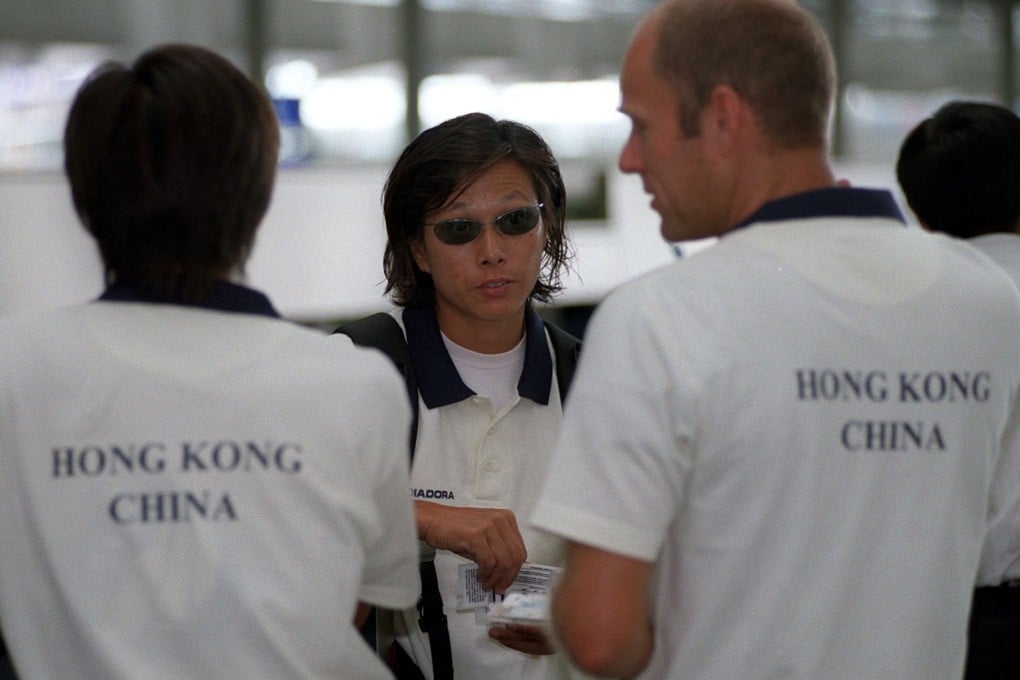Opinion | Left Field: Chance to enhance the already rich legacy of departing windsurfing coach Rene Appel
An overhaul of the Sports Institute's assessment criteria for current and would-be members would be a fitting tribute to departing Dutch manager

After more than two decades of running the show, windsurfing coach Rene Appel had become a fixture at the Hong Kong Sports Institute, where he kept churning out champions.
But all good things come to an end, and last week Appel revealed he would not be renewing his contract at the elite academy when it expires in March.
Appel will always have a special place in local sports as he was the man behind Hong Kong's only gold medal success at the Olympics, guiding Lee Lai-shan, fondly known as San San, to history at the 1996 Atlanta Games.
He speaks from experience and, having been part of the system, he must be taken seriously
That it remains Hong Kong's only Olympic gold medal speaks volumes for the magnitude of the achievement. When the next Games come around, 2016 in Rio, we will mark the 20th anniversary of that milestone and hopefully another athlete, perhaps cyclist Sarah Lee Wai-sze, will be able to match San San.
In San San, Appel discovered an uncut diamond which he polished and turned into a world champion. At this year's Asian Games, windsurfing returned home with its best ever results - two golds and two silver medals - proving we are still among the best in the region.
Whether this latest crop of stars is good enough to go on and win on the Olympic stage remains to be seen, but, sadly, Appel will not be around to continue the mission, having decided he needed more time to devote to his family.
It was no surprise the windsurfing community's first reaction to his public announcement was gratitude tinged with regret. Cowen Chiu But-kau, president of the Hong Kong Windsurfing Association, said Appel's departure would be a huge loss.
The soft-spoken Dutchman preferred to work away from the limelight and was probably most comfortable out on the water with his athletes. But on a rare occasion, last October, Appel chose to publicly question the system at the Hong Kong Sports Institute, his home for many years.